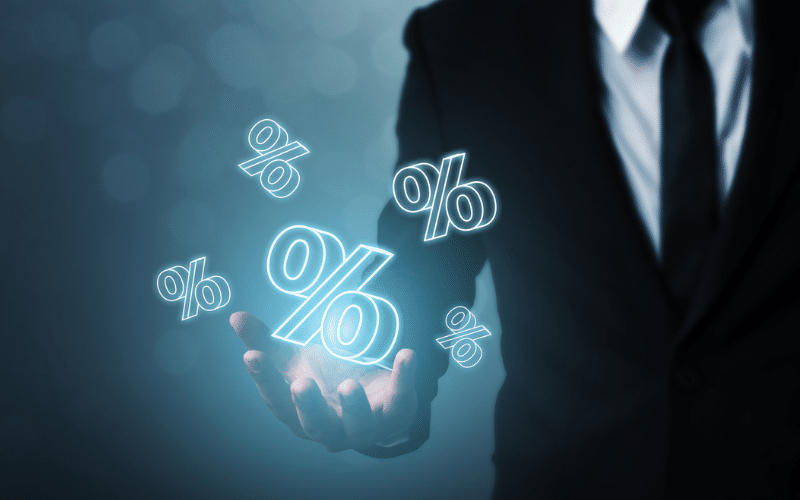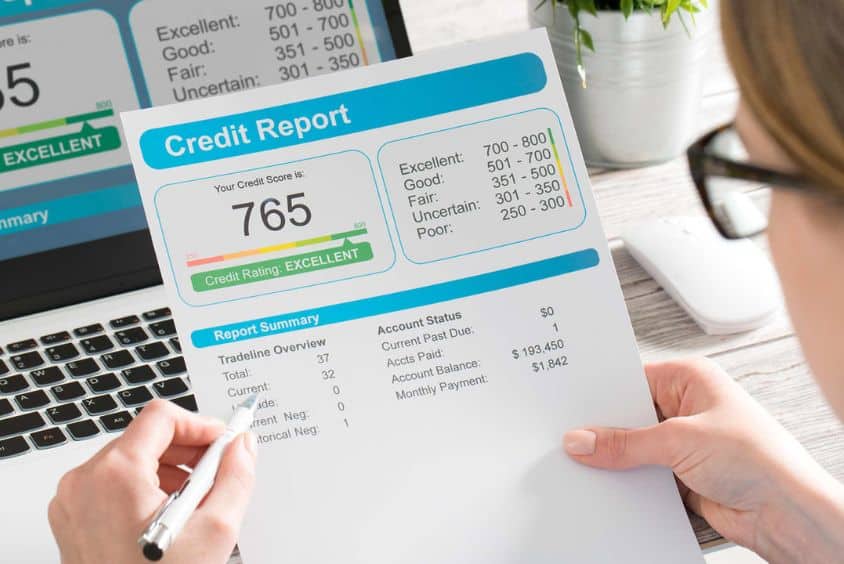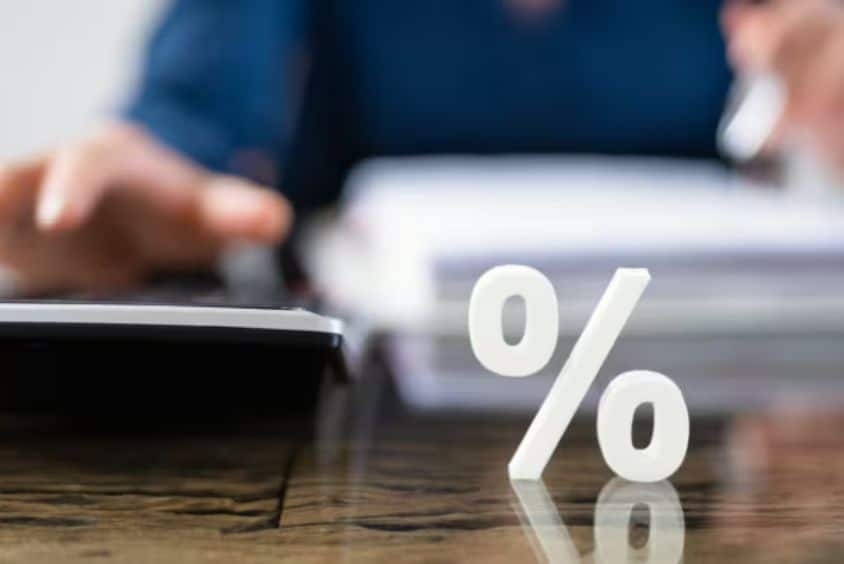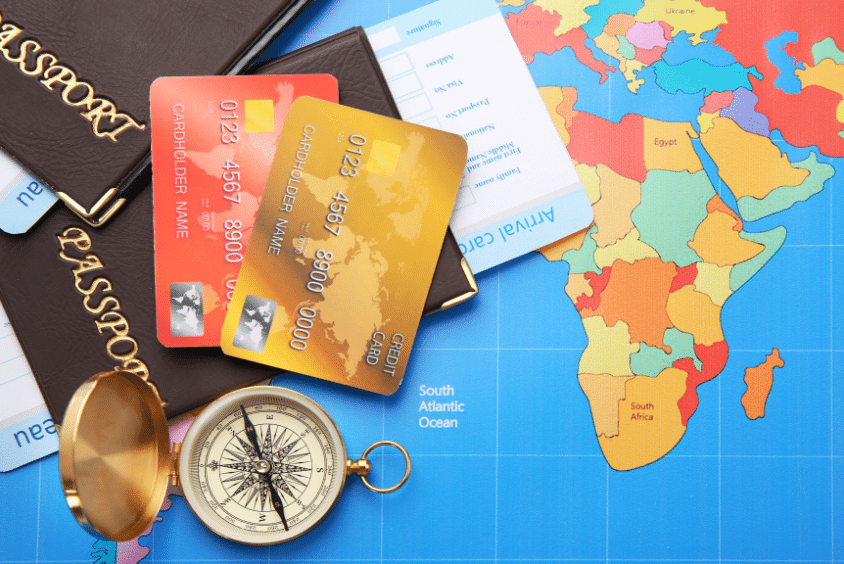Inflation is a critical economic factor that affects a range of financial markets and instruments, including credit card interest rates. Credit card interest rates refer to the amount charged by lenders for borrowing money using a credit card, and these rates can vary based on a range of factors, such as the borrower’s credit history, the lender’s policies, and prevailing economic conditions. Inflation, which refers to the general increase in prices of goods and services over time, can influence credit card interest rates in various ways. This is because inflation can affect the cost of borrowing, the supply and demand of credit, and the overall economic environment. Therefore, understanding the effects of inflation on credit card interest rates is critical for individuals and businesses that rely on credit cards for financing.
Effects Of Inflation On Credit Card Interest Rates
Inflation can have a significant impact on credit card interest rates. Here are some ways in which inflation affects credit card interest rates:
1. Inflation leads to higher interest rates:
Inflation erodes the value of money over time, which means that lenders demand higher interest rates to compensate for the decrease in the purchasing power of money. As a result, credit card companies may raise their interest rates to account for the increased inflation.
2. Increased cost of borrowing:
As inflation increases, it becomes more expensive for banks and credit card companies to borrow money from other financial institutions. This cost is then passed on to borrowers in the form of higher interest rates on credit card balances.
3. Adjustable-rate credit cards:
Many credit cards have variable or adjustable interest rates that are tied to a benchmark rate, such as the prime rate. Inflation can cause the benchmark rate to rise, which then results in a higher interest rate on the credit card balance.
4. Impact on minimum payments:
Inflation can also affect the minimum payments required on credit card balances. As the cost of living increases, consumers may have less disposable income to put towards credit card payments, leading to larger minimum payments or longer repayment periods.
5. Impact on credit card rewards:
Inflation can also impact credit card rewards programs, which may have higher redemption thresholds or offer fewer rewards for the same amount of spending. This is because the cost of providing rewards, such as cashback or travel points, also increases with inflation.
Bottom line:
Inflation can have a significant impact on credit card interest rates. When inflation rates rise, lenders may increase interest rates on credit cards to protect their profit margins and account for the decreased value of money over time. This can result in higher borrowing costs for credit card users, making it more difficult to pay off debts and potentially leading to financial hardship. On the other hand, if inflation rates remain low, credit card interest rates may remain relatively stable, making it easier for consumers to manage their debt. Overall, inflation is an important factor to consider when evaluating the cost of credit card debt and managing personal finances.





